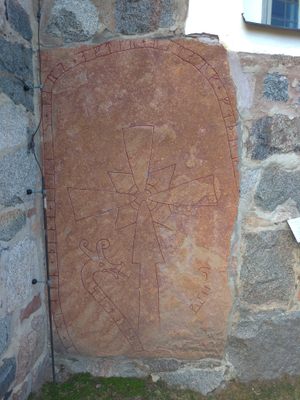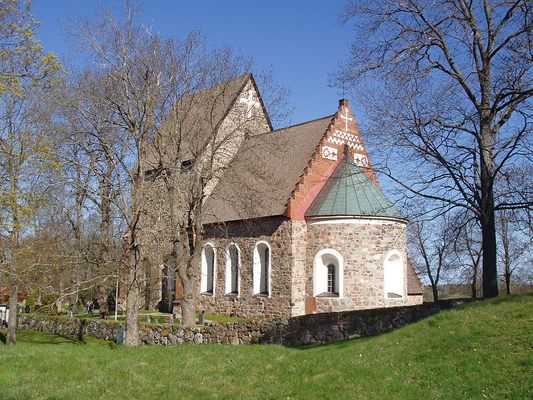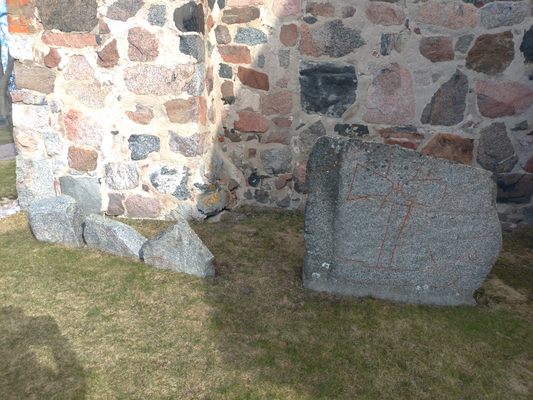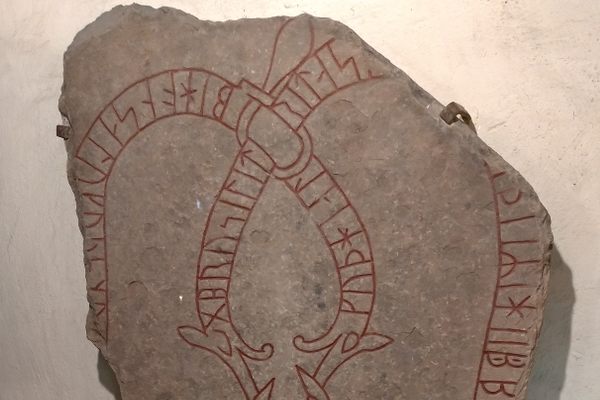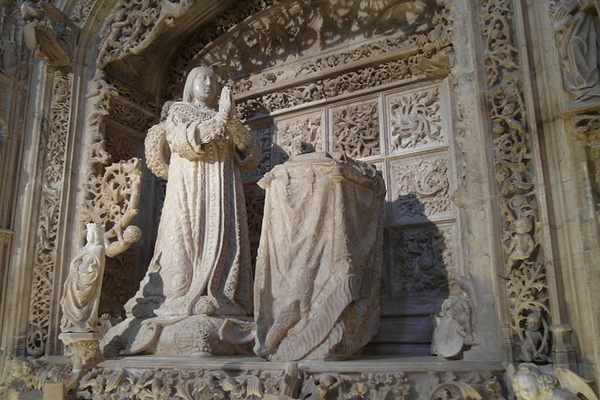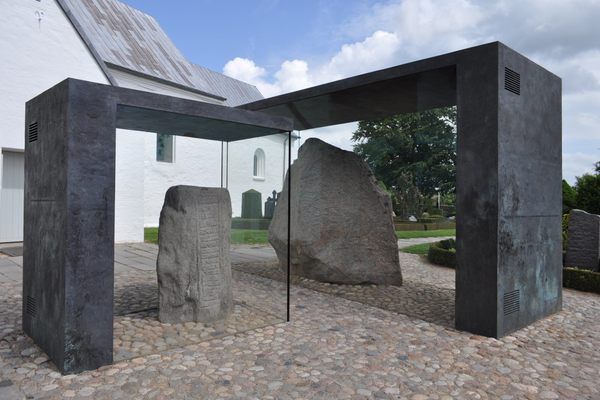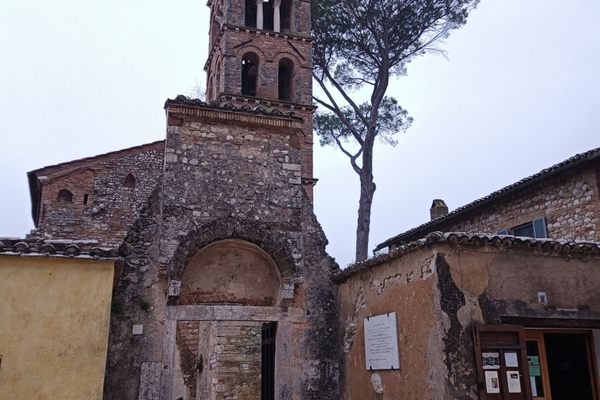About
When visiting an old church one does not usually expect to see a Viking runestone built into the exterior. But at the old cathedral of Gamla Uppsala, this is exactly the case: An 11th-century runestone is embedded in the wall.
The runestone was not always part of the church; it once stood in a field at a location that's been forgotten to time. The engraved slab commemorates the father of "Sigviðr, a traveler to England." Unfortunately, no more than that is known, as the stone was damaged sometime in the 14th century when the church took it and used it as an altar table. The stone was cut down to form a more suitable square shape, and part of the old runic inscription was lost.
Halfway through the 19th century the church got a new altar, and incorporated the old runestone into the outside wall of the church for all to enjoy. This is, however, not the only unique thing about this stone. Its true claim to fame is its connection to King Erik IX of Sweden, aka "Erik the Lawgiver" aka "Saint Erik," a Swedish king who was killed and beheaded in the 12th century by rebelling nobles, and was thereafter remembered as a saint and was venerated as a martyr. A shrine to the royal saint was erected in the Gamla Uppsala Church, which became the center of the cult of Saint Erik that formed after the king's death. The cross depicted on the runestone became a symbol of the cult, which spread throughout Sweden.
Related Tags
Know Before You Go
Thre are also some other runestones found around the church.
Published
April 24, 2019
